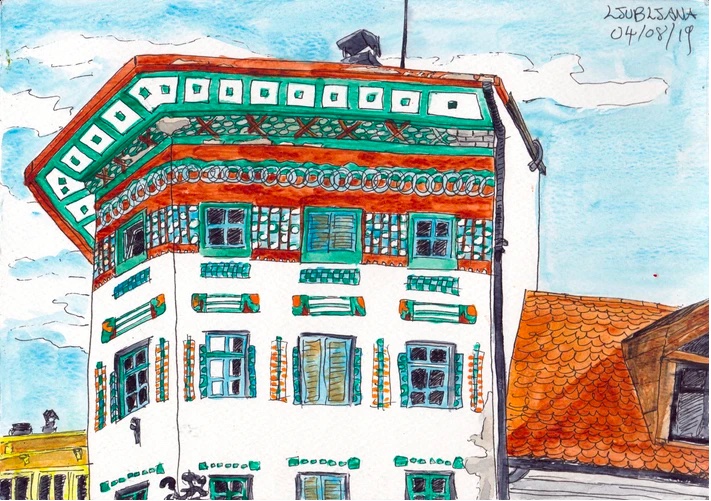Slovenia has been electing MEPs since 2004, when it joined the EU. And all this time, Slovenian participation in European democracy has been characterised by low voter turnout, ranging between 28 and 29 percent. In 2014, it was the lowest at just 24.55%. However, the most recent elections in 2019 showed a slight upward trend. The ruling Gibanje Svoboda party, led by prime minister Robert Golob and belonging to the Renew [Liberals] group in the European political geography, also wants to get more voters to the polls by holding three referendums at the same time: on the right to voluntary euthanasia, on the introduction of a preferential voting system and on the use of cannabis.
The calculation is that this will mobilise a large part of the left-liberal electorate, which usually stays at home during European elections. In Slovenia, there is less tactical voting in European elections and more loyal, traditional voters who go to the polls to support their preferred party. This is why the political right, which has a more disciplined electorate, tends to be slightly more successful in European elections.
There are still many unknowns about the outcome of this year's European elections. The only thing that is very certain and likely is the expected victory of the largest opposition party, SDS, led by three-time Slovenian prime minister Janez Janša. SDS is a member of the European People's Party (EPP, conservatives), but in the last mandate it took a noticeable step to the far right.
Janša and his MEPs (Milan Zver, Romana Tomc) do not rule out that the party will follow its close ally, Hungarian prime minister Viktor Orbán, who left the EPP some time ago. The SDS is also the only party to have had its list drawn up for months and to have conducted a structured political campaign during this period. It is known to take European politics much more seriously than the parties that have appeared on the Slovenian political scene shortly before elections in recent years.















